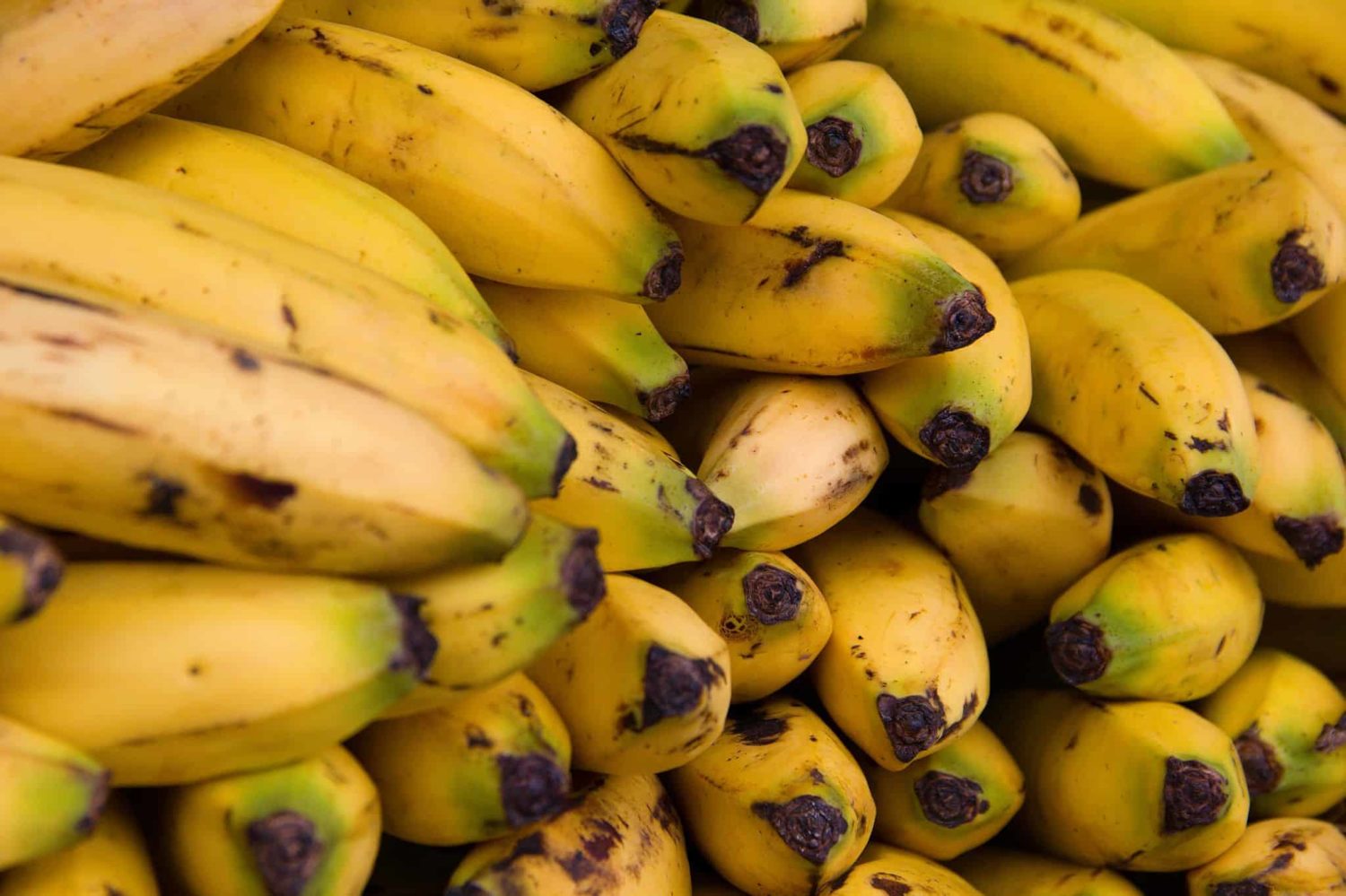Costa Rica’s Caribbean region is often celebrated for its exuberant nature and rich culture. However, the area is also a key hub for banana production. The country ranks among the world’s leading commercial banana producers, boasting an average productivity of 2,325 boxes per hectare, equivalent to about 42 metric tons.
Yet, as revealed by the British newspaper The Guardian, this production comes at a significant human and environmental cost. “At dawn and dusk, the skies over Matina, the capital of Limón province on Costa Rica’s Caribbean coast, are filled with aircraft spraying a viscous rain of agrochemicals onto banana plantations,” the article notes.
Costa Rica is one of the world’s largest users of pesticides, averaging 34.45 kg of active ingredient per hectare annually, according to the UN. Despite bans in the European Union, Costa Rica continues to use hazardous chemicals.
The pesticides chlorothalonil and mancozeb, both believed to be potentially carcinogenic, as well as chlorpyrifos, a neurotoxic agent, have been found in the blood of women and children living near plantations, where planes regularly spray these substances.
Residents in these areas report side effects such as nausea, vomiting, dizziness, fainting, dermatitis, and burning eyes, according to the newspaper. The smell of the chemicals is sometimes so overwhelming that nearby schools must be evacuated, as children fall ill. Both students and teachers have been hospitalized after inhaling these toxic substances.
The article emphasizes that such incidents are “far from exceptional.” At a plantation owned by the US company Dole, the air is “pungent,” fields are scorched, and the ground is littered with what looks like “charred pineapples” due to the use of paraquat, a chemical that dries and burns plants. Dole, however, denies these claims, stating it stopped using paraquat in 2008.
Despite community efforts to denounce these practices to the authorities, no action has been taken. The government has also overlooked workers’ rights, wages, and working conditions. In addition to the health risks, the environment is suffering. Water and soil contamination is widespread, and local ecosystems are being destroyed.
The article points out that the large-scale use of these chemicals persists because consumers demand perfect fruit, and mass production is required to meet global demand. It also places responsibility on the EU for allowing the export of these banned substances.
However, there are alternatives. The Guardian highlights the Bribri community’s organic banana plantation, which operates without pesticides—demonstrating that it’s possible to produce fruit without harming people or the environment.






